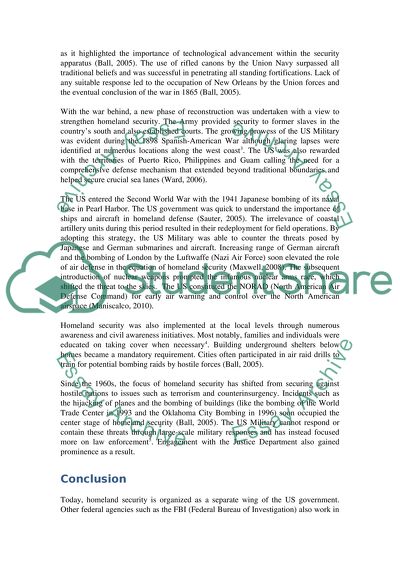Cite this document
(“Homeland Security: Historical trends Essay Example | Topics and Well Written Essays - 1000 words”, n.d.)
Retrieved de https://studentshare.org/marketing/1392820-homeland-security
Retrieved de https://studentshare.org/marketing/1392820-homeland-security
(Homeland Security: Historical Trends Essay Example | Topics and Well Written Essays - 1000 Words)
https://studentshare.org/marketing/1392820-homeland-security.
https://studentshare.org/marketing/1392820-homeland-security.
“Homeland Security: Historical Trends Essay Example | Topics and Well Written Essays - 1000 Words”, n.d. https://studentshare.org/marketing/1392820-homeland-security.


